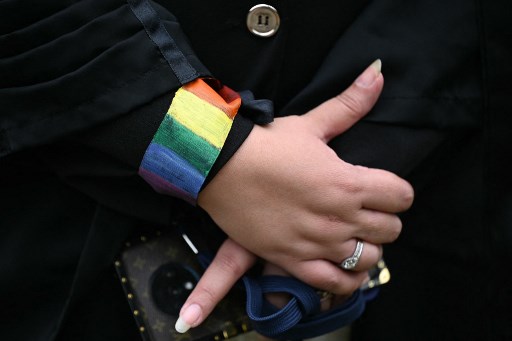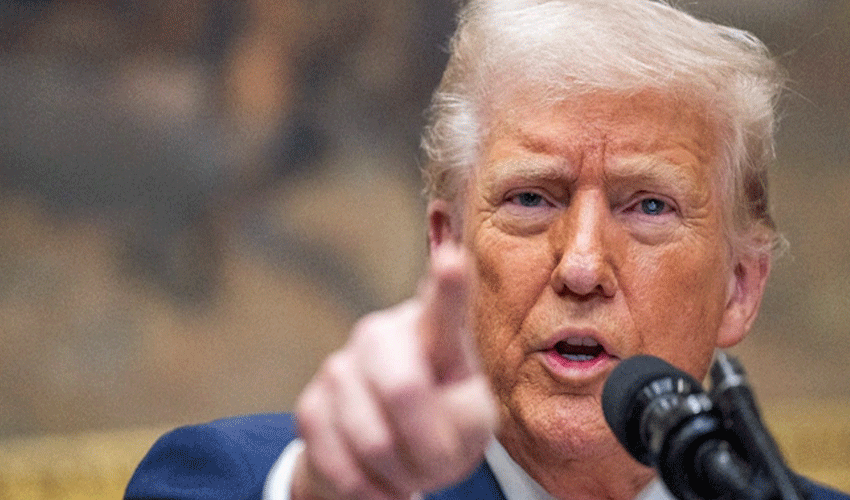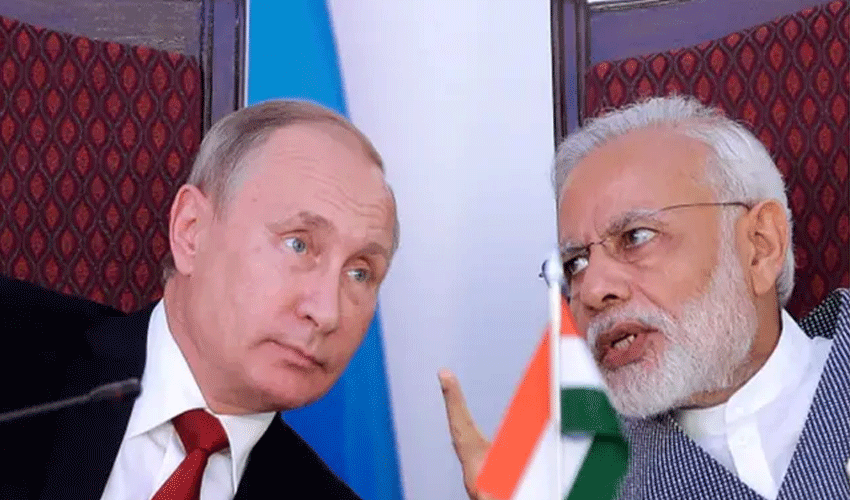India's Supreme Court declined to legalize same-sex marriages on Tuesday but emphasized the country's duty to recognize and protect LGBTQ relationships from discrimination.
Lawyers for several same-sex couples had urged the court earlier this year to grant their relationships full legal recognition, but the five-member bench ruled that extending marriage equality was a parliamentary decision.
The court, in a ruling, stated that the extension of marriage equality is a decision for the parliament to make.
"It lies within the domain of parliament and state legislatures to determine the law on marriage," Supreme Court Chief Justice D.Y. Chandrachud said during his verdict.
While the fundamental right to marriage for same-sex couples was not guaranteed under existing law, the court granted marriage rights to couples involving one or both transgender individuals -- only if one of them identified as a man and the other a woman.
The chief justice further remarked that India still had a duty to acknowledge same-sex relationships and protect those in them from discrimination.
"Our ability to feel love and affection for one another makes us feel human," he said from the bench. "This court has recognised that equality demands that queer unions and queer persons are not discriminated against."
The decision was met with disappointment by a crowd outside the court that had hoped for India to become the second Asian jurisdiction after Taiwan to legalize same-sex marriages. The petitioners had argued that legal recognition would provide access to benefits such as adoption, insurance, and inheritance.
"We are not satisfied with whatever the court has said", Siddhant Kumar, 27, told AFP. "This has been going on for years, we have been struggling for legal recognition," he added. "We have to remain strong and continue our fight."
The Indian government, led by Prime Minister Narendra Modi, has opposed same-sex marriage, maintaining that any change should be decided by parliament rather than the courts.
"Any interference... would cause a complete havoc with the delicate balance of personal laws in the country and in accepted societal values", the government said in its submission. "Living together as partners and having sexual relationship by same sex individuals... is not comparable with the Indian family unit concept of a husband, a wife and children."
While acceptance of gay couples has grown in India, leaders from major religions in the country oppose same-sex unions. The Supreme Court had previously struck down the colonial-era law criminalizing gay sex in 2018 and ruled that unmarried or same-sex couples were entitled to welfare benefits in 2021.



























